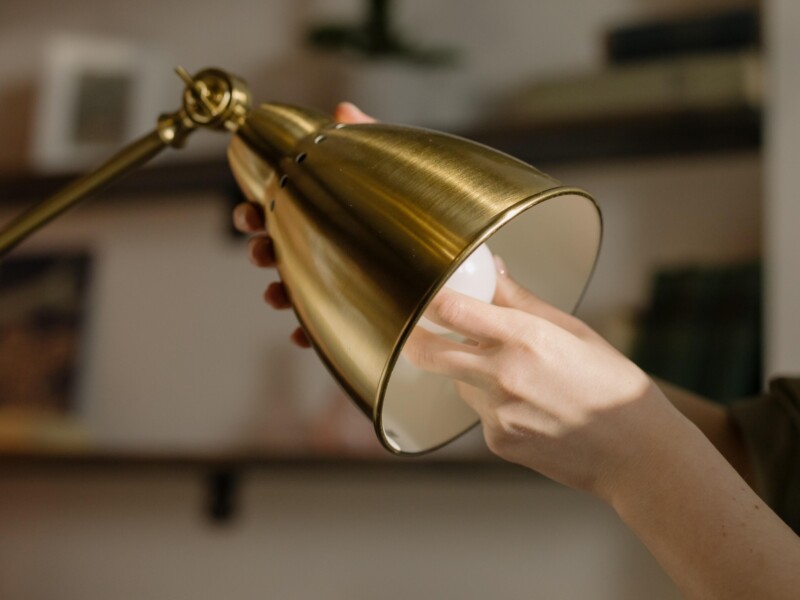
Not only does a new-build home give you a blank canvas to work on, but they’re also more energy-efficient and produce fewer carbon emissions than an average second-hand home.
Research based on government energy performance certificate data* has revealed that new-build homes will save homeowners an average of around £2,400 a year in energy bills when compared with older properties.
This means that a potential homeowner looking to offset the rising costs of living would be better served with an energy-efficient new-build home, rather than a typical second-hand property.
Additionally, new homes also produce fewer carbon emissions – in some cases almost a third of that produced by an older house. This means moving into a new-build property could help you to produce 2.2 tonnes less CO2 each year†, based on the average kWh of energy used per m2 in each type of home.
Now, moving house might not be possible for many of us, so we’ve put together a couple of tips on how you can reduce your energy bills.
Put that light out
This one might seem obvious, but make sure you’re switching off lights when you’re not using a room. Of course, the energy saved differs depending on your choice of light bulbs, but some types of bulbs – such as incandescent – cost a lot more as they produce a substantial amount of heat, as well as light. Switching these to energy-saving LED bulbs will help to lower those costs.

Switch off the tumble dryer
There are several types of tumble dryer, and each comes with its own costs and benefits. However, all of them are going to add to the cost of your electricity bill. Switching out your tumble dryer for a clothes horse, and choosing a location for it nearest to your radiators will help bring costs down this winter.
Make sure to ventilate your home regularly to allow moisture to escape and fresh air to circulate, especially in a new-build home which will take some time to dry out, due to the thousands of litres of water used in its construction.

Pull the plug on bathtime
Even at just a third of the way full, your bath could be using up to 75 litres of water – which is a lot of water to heat up. Whereas, a typical electrically heated shower can run through four litres a minute. So just a 10-minute shower has the potential to cut your water – and gas – usage almost in half.
Over the course of a week, if you were to have four baths usually, four showers instead would save around 140 litres of water; massive savings for your energy bills.

* Figures based on HBF 2024 'Watt a Save' report. Based on HBF analysis of EPC ratings, taking into account the scheduled Energy Price Guarantee (EPG) increases.
†source: carbonfootprint.com









